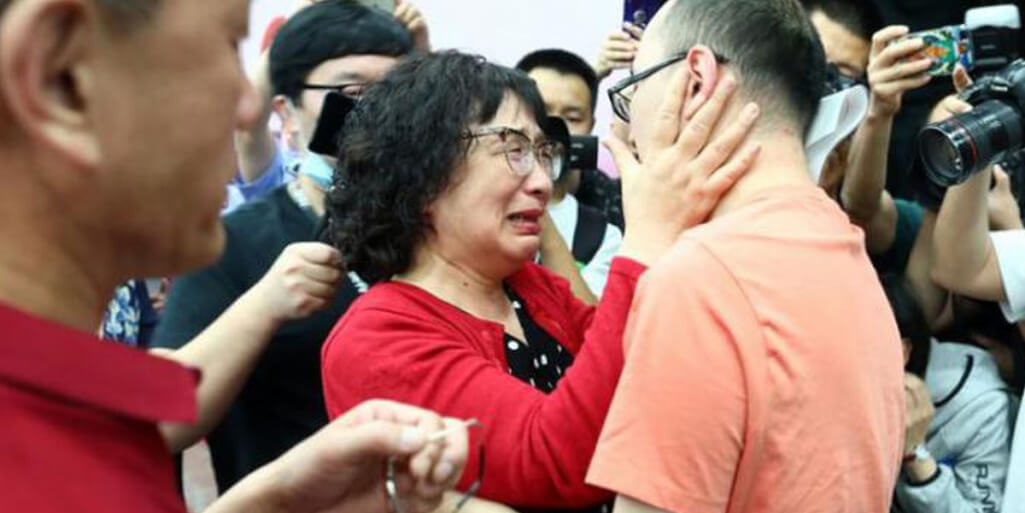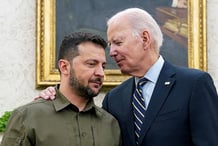A Chinese citizen who was kidnapped 32 years ago as a child managed to reunite with his biological parents after police used facial recognition technology to help locate him.
Mao Yin was just two years old when he was kidnapped in front of a hotel in Xi’an, in central Shaanxi province, in 1988. The event took place when he was returning from kindergarten with his father. At one point, the boy told him he was thirsty, so his father went into a hotel to fetch some water.
It was in that small window of time that Mao was kidnapped and sold to a childless couple in neighboring Sichuan province, who raised him as their own son, the city’s public security office reported in a statement. As reported by the BBC, the couple would have paid the equivalent of the current USD 840 for the child.
Mao’s mother, Li Jingzhi, told CCTV that after he was taken away, she quit her job and sent more than 100,000 flyers to officials and appeared on various television channels asking for his return, to the point of becoming a familiar face on the local media map.
In fact, CNN reported that Mao remembered seeing Li talk about his missing son on television, but never thought it could be him.
In the past three decades, Li had followed 300 false leads to see if his missing son was being brought.
However, Mao’s adoptive parents had renamed him Gu Ningning, and he grew up unaware of his biological parents or that he had been kidnapped.
After more than three decades, in late April, the Xi’an police received notice that a man from Sichuan province had purchased a child from Shaanxi in the late 1980s.
Police “aged” one of Mao’s childhood photos, according to state broadcaster CCTV, and used the model to scan the national database for close matches. The police located Mao and then confirmed that he was Li Jingzhi’s kidnapped son after a DNA test.
On Monday, the now 34-year-old had an emotional reunion with his biological parents, who never abandoned the search for their missing child.
At the meeting, organized by the Xi’an police, Mao stepped out of a side door into a conference room and ran into his mother’s arms.
“I don’t want him to leave me anymore. I will not let it separate again, ”Li said as she clung to her son’s hand. She had helped locate 29 children separated from their families and promised to continue helping with more pending cases. “It is the best gift I have ever received,” she added.
Mao, who runs a decoration business in Sichuan, told CCTV that he would move to Xi’an to live with his biological parents.
There are no official statistics on the number of children who go missing each year in China, but in 2016 a system was established to send alerts about missing children through social media and mobile phone messages. In addition, there are more than 51,000 families registered with “Baby come home”, a popular platform where parents share news about lost children.
Kidnapping and child trafficking became widespread in China beginning in the 1980s when the draconian one-child rule was applied, and the cultural obsession with male children also fueled demand for kidnapped babies.














